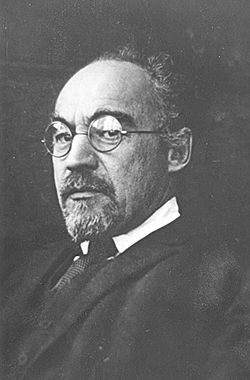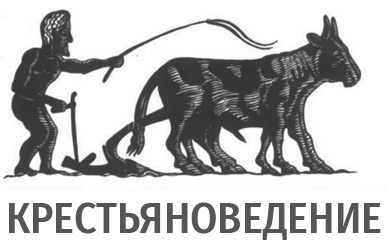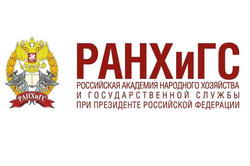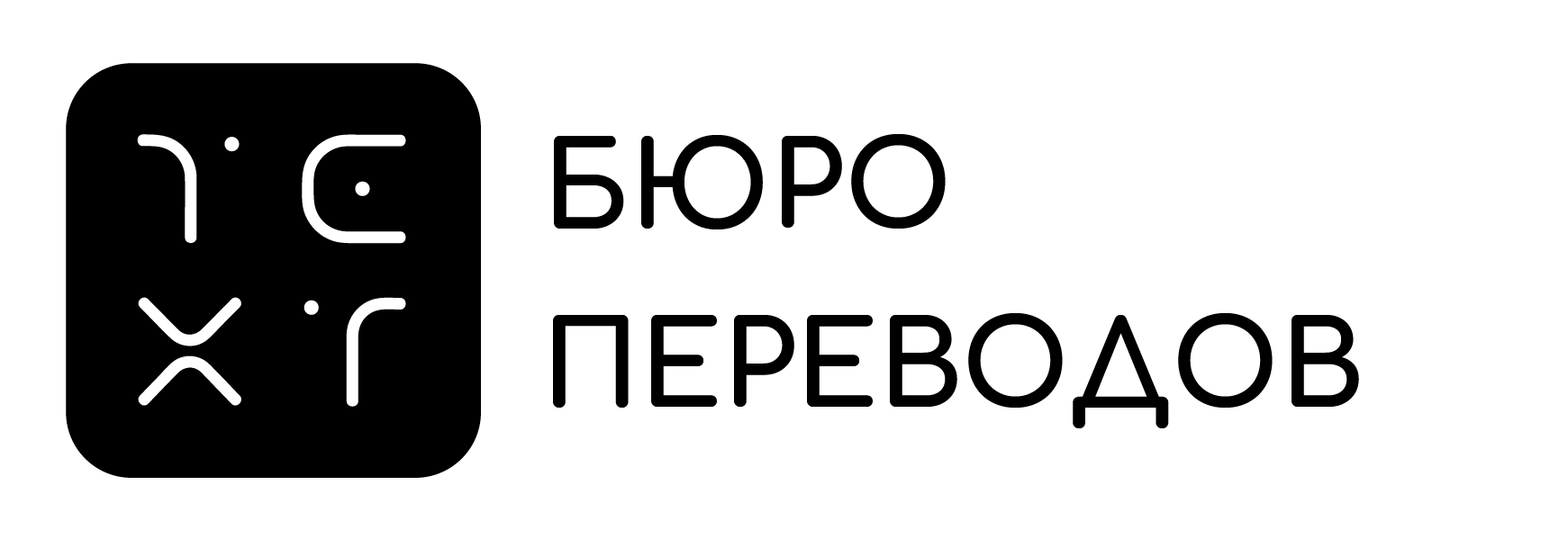Boris (Ber) Davidovich Brutskus (1874–1938)
Bibliography of works about B.D. Brutskus
Brutskus was born on October 3 (15), 1874 in the township of Palangen in the Courland Province (today the city of Palanga in Lithuania) in the family of an entrepreneur. He graduated from the high school in Moscow with a gold medal (1891). In 1892–1894, Brutskus studied at the Medical Faculty of the University of Warsaw, then at the New-Alexandrian Institute of Agriculture and Forestry (in the New Alexandria suburb of the Lublin Province, today the city of Pulawy in Poland), from which he graduated in 1898 with a gold medal for his graduate work in physiology.
In 1899-1908, Brutskus worked as an agronomist at the Central Committee of the Jewish Colonization Society – an international organization with a branch in Saint Petersburg. He studied the economy of Jewish agricultural colonies in the south of Russia. In 1908-1917, Brutskus worked in the insurance companies – ‘Russian Transport Insurance Company’ and ‘Russia’. Since 1907, he taught at the non-governmental higher education institution – the Stone-Island Higher Agricultural Courses – and gave lectures on ‘economy and organization of the economy, agricultural policy and history of agriculture’. Brutskus gave public lectures at the Saint Petersburg Imperial Agricultural Museum and published a lot in Kharkov Journal of Agronomy. After the transformation in 1918 of the Stone-Island Higher Agricultural Courses into the I.A. Stebut Agricultural Academy and then into the Petrograd Agricultural Institute, until 1922 Brutskus was a professor of these educational institutions and taught in other universities established after the Revolution.
Brutskus interpretation of agricultural economy coincides with that of the organization-production school. During the Stolypin reforms, his views on agrarian policy changed in favor of classical liberalism – he admitted the progressive importance of private land ownership for peasants. In 1917, Brutskus criticized Narodniks in the press and opposed projects of land socialization and nationalization and of preserving the peasant community. During the ‘war communism’, Brutskus came to the conclusion of the fundamental impossibility of an effective economy based on the theory of socialism. In 1922, Brutskus published a series of articles Socialist Economy in the journal Economist, in which he criticized the ideology and practice of socialism – the journal was closed, Brutskus was arrested by the United State Political Administration and in November expelled from Soviet Russia as an enemy of the Soviet power.
Until 1935, he lived in Berlin and worked as a professor at the Russian Science Institute established by emigrants. He continued to critically analyze the national economy of the USSR under the NEP and the first five-year plan, published works in Russian, German and English. The Hitler regime in Germany forced him to move to Palestine (the British protectorate at that time), and he taught at the Hebrew University in Jerusalem for the rest of his life. Brutskus died of cancer on December 7, 1938. From the late 1920s to the late 1980s Brutskus works were banned in the USSR.












